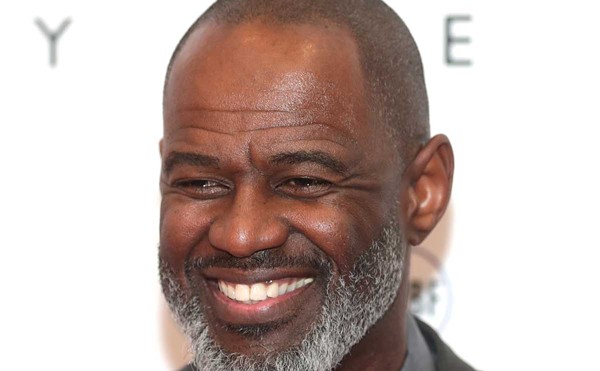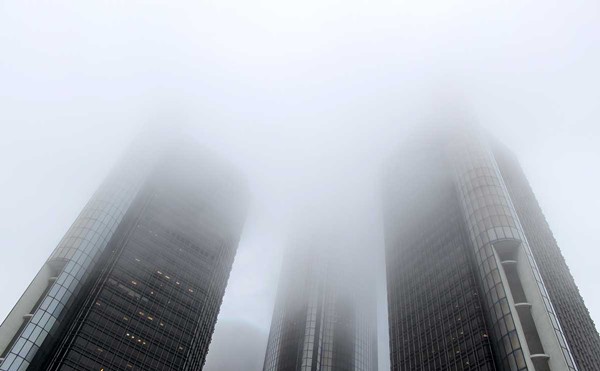Critics call for overhaul after Consumers Energy CEO, who makes $6.8M, asks Michiganders to turn down heat
[
{
"name": "GPT - Leaderboard - Inline - Content",
"component": "35519556",
"insertPoint": "5th",
"startingPoint": "3",
"requiredCountToDisplay": "3",
"maxInsertions": 100
}
]
On Wednesday night, as temperatures dropped to -43 degrees with the wind chill, Consumers Energy sent an emergency message to Michiganders' cell phones asking them to turn down their thermostats to 65 degrees.
That followed a similar plea from Consumers Energy CEO Patti Poppe, who reported a Wednesday explosion that damaged a Consumers Energy facility that accounts for 64 percent of its supply. In a Facebook message, Poppe urged Michiganders to "protect the system" by turning down the heat.
But many Michiganders responded to Poppe's plea with defiance on social media during the emergency, frustrated with being asked to pay ever-increasing rates to a private company that essentially runs a monopoly.
It's worth noting that Poppe made $6.8 million in 2017, and Consumers Energy's top six executives made a combined $17 million that year. The company is also publicly traded, meaning shareholders' profits factor into decisions that impact its response to emergency situations like that on Wednesday and Thursday. (DTE Energy CEO Gerard Anderson made even more in 2017 — $15.8 million.)
Consumers Energy is also regulated by the state, and the legislature has power over it. The company, however, spends tens of millions of dollars on lobbying and bankrolling politicians, and in 2018 it helped oust incumbents who opposed its agenda. In fact, just several days before the polar vortex, it got in trouble with the state for giving $43 million to a dark money nonprofit.
So when Poppe pleaded with Michiganders to turn down the heat in subzero weather to "protect our most critical facilities, like hospitals and senior citizens' homes," she ignored that there's another way to "protect systems." It involves reducing utilities' execs salaries to a reasonable level, eliminating its lobbying, and adequately investing in aging infrastructure. Consumers Energy appears to be either unable or unwilling to prepare for worst-case scenarios like those the state experienced this week, despite some effort.
Lonnie Scott, executive director of Progress Michigan, says having to turn down the heat to avoid a system failure was "a minor inconvenience and I was happy to comply with the governor's request."
"The real issue here is that the energy companies who have a monopoly over our energy grid have failed to invest in the infrastructure necessary to avoid such an incident in the first place," Scott said. "Consumers Energy and DTE spend millions of dollars each year lobbying and supporting candidates and elected officials who allow them to continue operations with little investment for the public good."
Consumers Energy isn't alone in its inability to handle incidents caused by extreme weather and climate change. California's largest utility, Pacific Gas and Electric, filed for bankruptcy this week after its infrastructure sustained significant damage from wildfires.
What's the solution? Scott called on Consumers Energy to increase investment in the aging infrastructure and green energy. Others go a step further and say nationalizing energy companies is appropriate.
On Thursday, Gov. Gretchen Whitmer called for a review of the state's energy supply and emergency preparedness.
Stay on top of Detroit news and views. Sign up for our weekly issue newsletter delivered each Wednesday.







